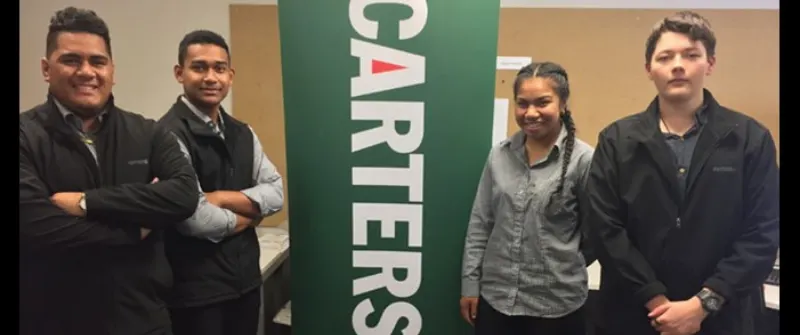Carters on Harris Road, who passionately support businesses engaging with local schools, has had remarkable success in employing school leavers while working with Oceania Career Academy.
Alan Westwood, National Operations Manager at Carters, has been with the company since August 2015 and has already made serious headway with the initiative, along with Carters Technical Manager Peter Wilson. John Kotoisuva from Oceania Career Academy serves as the bridge between Carters and local schools. They have had great success with their three intakes of students since November last year.
Alan was happy to share their experience as he feels strongly that it’s important to draw attention to the help and funding that’s available to businesses.
“We employ 380 employees over nine manufacturing sites, and most staff in our Auckland factory have received government-funded literacy and numeracy training, which was the starting point.”
In the past, there was a shortage of detailers industry-wide, so Carters created a ‘Detailer Academy’ and carried out training in-house.
“We ensured everyone passed the exams and 18 months later we had 10 fully trained detailers, ready to go.”
Looking for reliability
A further problem Carters faced was trying to recruit reliable factory workers and using agency temps wasn’t working.
“Our business isn’t something you can learn in one or two days, so we’d invest in training someone and then they’d stop turning up.
Peter kept saying we should get involved with local schools to address the problem, but I never got around to it until we put our next intake of detailers through the Academy and we ended up getting applications from all our estimators.
We realised it was a great idea to bring people in, turn them into estimators, then train them to be detailers. So instead of taking 18 months, the process would only take 12 months.”
Peter, who was on the BCITO (Building and Construction Industry Training Organisation) Apprenticeships Committee, then met John at Oceania Career Academy, who gave him the idea of recruiting school students and training them to be estimators.
“We’d bring them in at the bottom, train them up, then give them career choices and the option to move throughout the organisation. There’s room to earn good money and with 50 Carters branches and nine plants nationwide, there are opportunities to move around. We did the same for our factory workers too.”
Filling the roles
Working with John, Alan and Peter put a two-day introductory programme together, the first of which attracted 12 students and resulted in Peter filling all vacant estimator roles. “They’re brilliant and already earning their keep after one month, which is unbelievable. One of the students wanted to work in the factory, which was a first; we’d actually just taken out all the manual handling processes from the factory, so it was quite exciting!”
So far, Carters have employed nine students through the scheme with another five currently going through the process.
“The benefit for us is that they want to work here and can see that there’s a career for them. They’re fully employed straight away with overtime, health benefits and superannuation, and a good base salary with the potential for increase if they undertake training, which they can do quickly. For example, if they pass the frame and truss software exam with MiTek they can get a $2,500 annual increase within two weeks of starting the programme. The qualifications they earn can go anywhere.”
A buddy scheme also encourages team morale and communication. The programme involves supervisors throughout, so students find them approachable.
“It’s working really well for us and we’d like to do something similar with our factory workers. At the moment the step from entering the business to gaining a qualification is too big. For many of the workers, English is their second or third language and it’s difficult for them, so with my other hat on as the Chair of the Frame and Truss Association of NZ I’m trying to establish an entry level qualification that includes literacy, numeracy and work skills alongside technical skills, that’s easier for them to attain. We can then roll it out to the whole industry through the BCITO.”
Alan is quick to point out that the scheme didn’t come about because Carters is a big company, but is down to his and Peter’s dedication.
“We’ve done it off our own bat and because we care. I love watching the people change. After the numeracy and literacy course, the students present what they’ve learnt, and some have been real tear-jerkers! Twelve months ago, I was the big boss and no one would even look at me, but now they speak to me and ask questions, which is amazing. We encourage that communication and let them know they’re doing a good job.”
The importance of cultural understanding
A big consideration for the success of the programme is cultural understanding, which can have a big impact on performance.
“We had a student who was struggling with timekeeping, so John chatted to him and it turned out to be a family issue. Family values play a big part in their lives and John has a very holistic approach, which makes such a difference. We’ve had many of the mothers in to see where their kids work, which has been really nice.”
So how is this scheme different to apprenticeships and training academies?
“We give them life skills, get some money behind them and give them pathway options. It’s also more fast-tracked to upskill and get started – after the initial presentation, most sign up straight away. The link between businesses and schools is still a challenge and we’re lucky to have John to ensure our students are work-ready. It’s hard to break bad habits, but this way we instil good habits from the start and we can mould them. It’s amazing how they’ve stepped up.”



